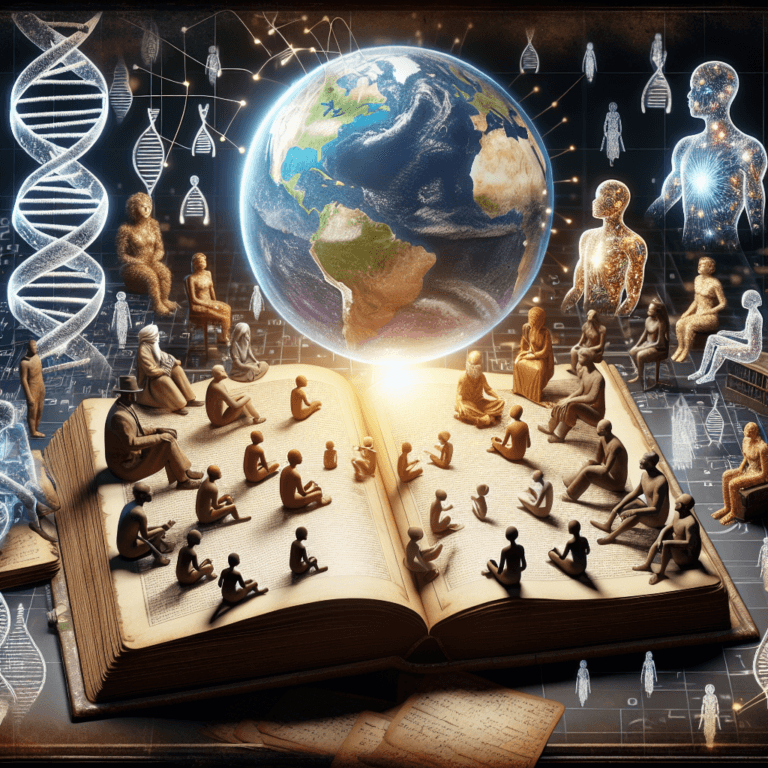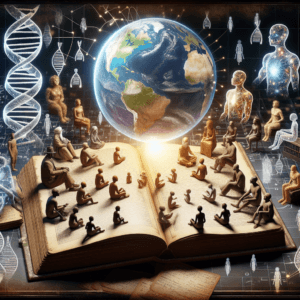Human civilization has a rich and complex history that dates back thousands of years. By understanding the legacy of our ancestors, we can gain valuable insights into our origins and how we have evolved over time.
Our ancestors lived in diverse regions and climates, adapting to their surroundings and developing unique cultures and societies. By studying their ways of life, we can learn about their beliefs, values, and customs, which have shaped our own identities and traditions.
One of the most fascinating aspects of delving into our ancestral past is tracing the origins of our languages, art, music, and religious practices. Many of these cultural expressions have deep roots in our shared history, connecting us to our ancestors’ experiences and worldviews.
Through studying archaeological evidence, historians and anthropologists have pieced together a timeline of human evolution, revealing the ways in which our ancestors developed tools, agriculture, and other significant advancements that have propelled us forward as a species.
By examining the legacies left behind by our forebears, we can gain a greater appreciation for the struggles and triumphs that have shaped our present-day world. From ancient civilizations like the Egyptians and Romans to indigenous cultures around the globe, the stories of our ancestors offer a window into the human experience and a reminder of the resilience and creativity that have defined our species throughout history.
In reconnecting with our roots, we can find a sense of belonging and continuity that transcends time and space. By honoring the legacy of our ancestors, we acknowledge the contributions and sacrifices that have paved the way for our existence, inspiring us to carry on their legacies and create a better future for generations to come.
In conclusion, understanding the legacy of our ancestors is a vital part of appreciating our own place in the world and recognizing the interconnectedness of all human beings. By studying our origins and the journeys of those who came before us, we can gain a deeper understanding of who we are and where we come from, fostering a sense of heritage and identity that enriches our lives and connects us to our shared human history.







